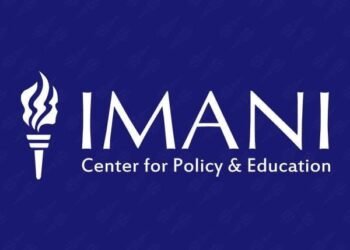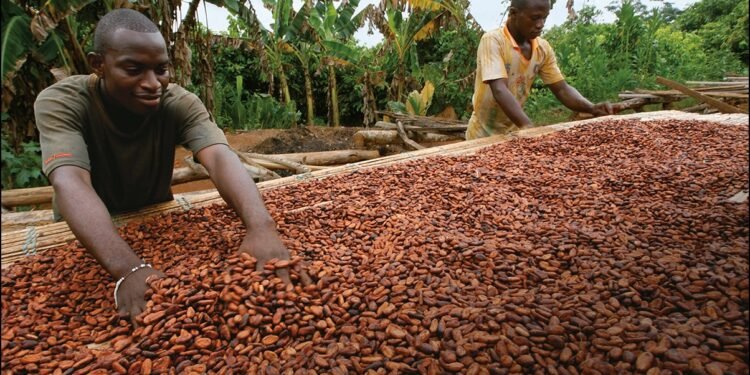Policy analyst, Dr Steve Manteaw, has disclosed that the price stability at fuel stations in the country cannot be linked to the gold for oil programme introduced by government.
He indicated that the prices of fuel reducing isn’t predicate on anything the government may potentially be doing as it will reduce on the “basis of the free interaction of market forces”. He however expressed concern that the process of the gold for oil policy by government is rather likely to cause a reversal of the country’s deregulation policy which could lead to market distortion.
“I hear about prices coming down as a result of this intervention. Let us know that so far, we’ve had only one consignment which was actually about 10% or so of total monthly consumption, yet our fuel prices have been stable. So, nobody can attribute the stability of fuel prices at the pumps to the gold for oil.”
Dr Steve Manteaw
Elaborating on the distortion likely to be caused as a result of the gold for oil, Dr Manteaw explained that this is so because there is a situation where government brings in these petroleum products after it has already indicated that not all Oil Marketing Companies (OMCs) will be eligible to distribute.
“So, you are going to select eligible and non-eligible OMCs, thereby interfering in the market in terms of competition and distorting the entire free market. So, it raises some fundamental questions as to whether we’re still committed to deregulation, or we want the market forces to determine what we pay at pump. Because government has indicated how it’s going to price the petroleum product on the local market.”
Dr Steve Manteaw
Dr Manteaw further questioned why government would choose to indicate how it’s going to price the petroleum product on the local market but refuses to tell the public the pricing policy on the international market where it will acquire the petroleum product.
Highlighting his reservations concerning the programme, Dr Manteaw stated that his major concern has to do with the corruption risk associated with the programme which can be cured through disclosures and accountability in the entire transaction chain. He however explained that apart from headline statements, he is yet to see a full and well thought-out policy that is guiding the initiative.

The policy analyst conceded that although he has seen the implementation framework, that in itself has been inconsistent. He opined that an earlier implementation framework that was issued by the National Petroleum Authority treated the whole transaction as a barter.
Subsequently, he highlighted that another implementation framework surfaced which was issued by the Precious Minerals Marketing Company (PMMC), which then introduced a “layer of a situation where government may have to pay cash” for the petroleum product purchases.
“So, there’s been two variants. I think as we move along, the implementers or designers of this programme are trying to adjust the framework as we move along which also indicates that we haven’t really engaged, we haven’t thought through properly and we haven’t addressed all the risks that may be associated with this transaction.”
Dr Steve Manteaw
Challenges with implementation framework of gold for oil
Furthermore, Dr Manteaw expressed his misgiving about the purchase of gold from the domestic market entrusted to Precious Minerals Marketing Company (PMMC). He noted that there’s been an ongoing programme initiated by Bank of Ghana on its own volition to shore up forex exchange reserve. However, he explained that in the latter part of 2022, government introduced the gold for oil programme on the back of the ongoing programme by the Bank of Ghana.
To this end, Dr Manteaw highlighted that PMMC is being made the exclusive buyer of all domestic gold products including those from the community mining under the programme. Owing to this, he revealed that if PMMC is going to buy gold, it will need money of which information hasn’t been made available as to where it will get it from.
“We’ve looked into the budget; no money has been allocated to PMMC for the purchase of gold. So, we are still in doubt as to how we are going to come by the money to purchase the gold. The risk here is that, if we are not careful, government can proceed to print money to finance the gold purchases. So, we need clarity on that… When it comes to cocoa purchases, we are clear; raise syndicated loans to finance the local purchases. But in this particular instance, we are not clear.”
Dr Steve Manteaw
Dr Manteaw expressed that he expected the financing arrangement for the gold purchase to have been provided for in the budget. As a result of that not happening, he noted that stakeholders are still unsure and in doubt since PMMC is buying the gold on behalf of government, and there’s a need for clarity on the matter.























